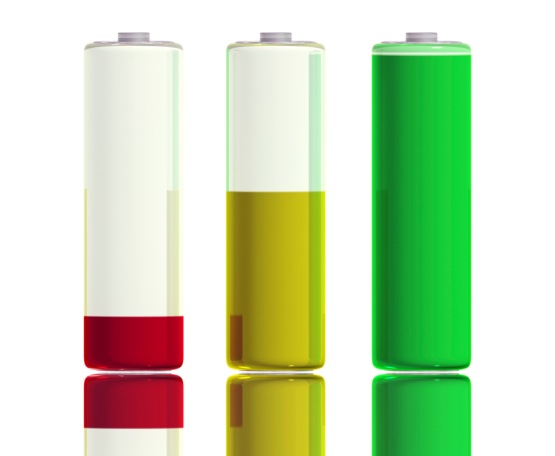40% of all online activity now takes place on mobile devices. And that’s why the next generation of batteries is so important to the American economy. Tablets and smartphones are more powerful and more common than ever before, yet they are still running on battery technology, which has not improved much since the early 2000s.
 Fortunately, an American company has created the world’s first functioning superbattery. Unfortunately, it explodes. Violently. Why?
Fortunately, an American company has created the world’s first functioning superbattery. Unfortunately, it explodes. Violently. Why?
Batteries charge up and release charge thanks to chemical reactions that take place on the interior surface area of the battery. The more surface area, the more reactions can take place. And the more reactions that take place, the more energy is produced and the faster the battery charges. The company found a way to increase the interior surface area by a thousand times, meaning that this battery is 10 times more powerful and charges 1,000 times faster than any competitor in its size category.
The one problem is that that size category is very small, because this battery uses an (unspecified) combustible liquid. Scaling up the battery means using more combustible liquid. A battery of this type large enough to power a car carries ‘significant’ risk of an explosion.
But this is still a great day for technology because batteries of this type, imperfect as they may be, were not expected until 2016 at the earliest. The developers also believe they can create a test battery with current base liquid that is just as safe as current lithium ion batteries. And should they fail, they have a backup design of the battery that uses a polymer-based liquid they will also attempt to create.
If they succeed, the world as we know it will change. Suddenly electric cars will become viable long distance transportation options, as they can run just as long and refuel just as quickly as gasoline powered vehicles. Your iPhone will run as long as your old Nokia. Or longer. And don’t get us started on the potential political consequences.
What do you think? Will this technology transform the world, or will this go down in history as an interesting, but ultimately inconsequential, experiment?


